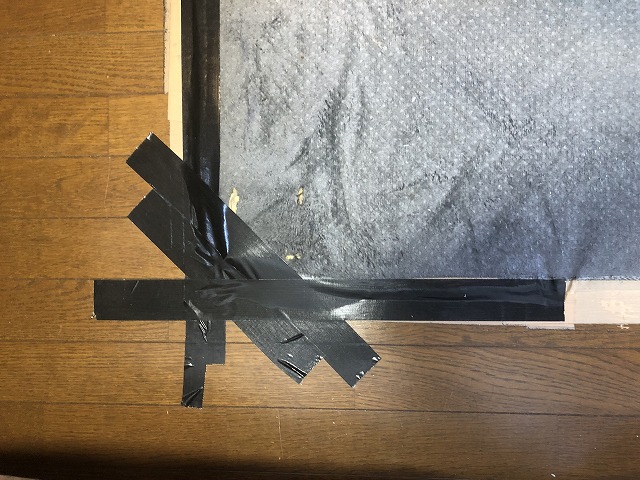先日、嫁さんと、「英雄たちの選択 スペシャル 紫式部 千年の孤独 源氏物語の真実」を録画を見ていました。
The other day, my wife and I watched a recording of "Choic" of Heroes Special: Murasaki Shikibu: A Thousand Years of Solitude, The Truth of The Tale of Genji."
番組の中で、和歌が登場しているのですが、その和歌の後に、必ず現代口語の解説がされます。
Waka poems appeared in the program, and a commentary on modern colloquialisms also came after the Waka poem.
私:「これって、基本的に、私たちの国の言葉なんだから、日本人なら『"現代口語"の解説なし』で理解できるのが望ましいよね」
Me: "This is our country's language, so Japanese people should be able to understand it without 'modern' colloquial' explanations.
嫁さん:「そう言えば、そうかもしれない」
Wife: "You could say that."
といいつ、私、古語は全然分かりませんので、そのような番組は困るのですが。
However, I don't understand any archaic language, so I cannot watch such a program.
それに、ちょっとロジックが苦しすぎるかな、とも思います。
Besides, I think the logic is a bit too painful.
なぜなら、私、学生の頃、国内旅行で、会話の9割が理解できない方言というものに出会ったこともあります ―― つまり、古語の履修以前の問題です。
As a student, I once traveled to Japan and encountered a dialect I could not understand in 90% of the conversations. In other words, this is a problem before learning ancient languages.
-----
以前、私は、数学不要論のコラムで、三角関数の「必要/不用」について論じました。
I previously discussed trigonometric functions' "need/no need" in my Math Unnecessity column.
リカレント教育【前編】 三角関数不要論と個性の壊し方https://t.co/5zvbXfyBqZ pic.twitter.com/iREa9AlER7
— EE Times Japan編集部 (@eetimes_jp) June 24, 2019
現時点では、
At this point, I have concluded that at this time.
『「検証されていない過去の実績」だけが、現時点における「三角関数の必要性」の唯一の根拠』
'The unverified past performance' is the only basis for the 'need' of trigonometric functions.'
と、結論づけました。
つまり『(三角関数履修の根拠は)分からん』です。
In other words, 'I don't don't (why I should take trigonometric functions).
比して、古典については、目標が具体化できます。
In contrast, the goals for ancient texts are more concrete.
■目標 : 源氏物語、百人一首、日本書紀の内容を、その現代口語による解説が不用となる日本人を作る
Goal: To create Japanese people who will not need to use modern colloquial explanations of the contents of The Tale of Genji, The Hyakunin Isshu, and The Chronicles of Japan.
もちろん、とてつもない高いハードルですが、目指すべきゴールとしては明確です。
Of course, this is a tremendously high hurdle, but it is a clear goal to aim for.
古語とは言え、自国の言語だったものを理解することは、(ロジック不用で)感覚として受けいれられるものだと思います。
I think understanding what used to be one's language, even if it is archaic, can be accepted (without logic) as a feeling.
同様に考えると、英語についても、目標が具体化できます。
In the same way, we can concretize our goals for English.
■目標 : 映画館で日本語の字幕なしに洋画が楽しめるような日本人を作る
■Goal: To create Japanese people who can enjoy foreign films without Japanese subtitles in movie theaters.
これは、明らかに「楽しい人生」「豊かな人生」に至るための立派なゴールです。
The goal is worthy of reaching a "joyful" life and a "prosperous life."
ただ、これも、『とてつもない高いハードル』であることにおいては同じなのですが。
However, this is the same: it is a tremendous hurdle.
-----
何年後か、あるいは何十年後か分かりませんが、日本人の全てが、
I don't know how many years or even decades later, but all Japanese will say
『なんで、源氏物語を、わざわざ、現代誤訳で読まなければならないのですか?』
"Why should I read The Tale of Genji in a modern mistranslation?"
『サブタイトル(字幕)? それは何ですか?』
"Subtitles? What is it?
と首をかしげる未来がきたら、それは、多分「良い未来」だと思います。
I think it would be a "good "future" if "Japanese people behaved like the above.
